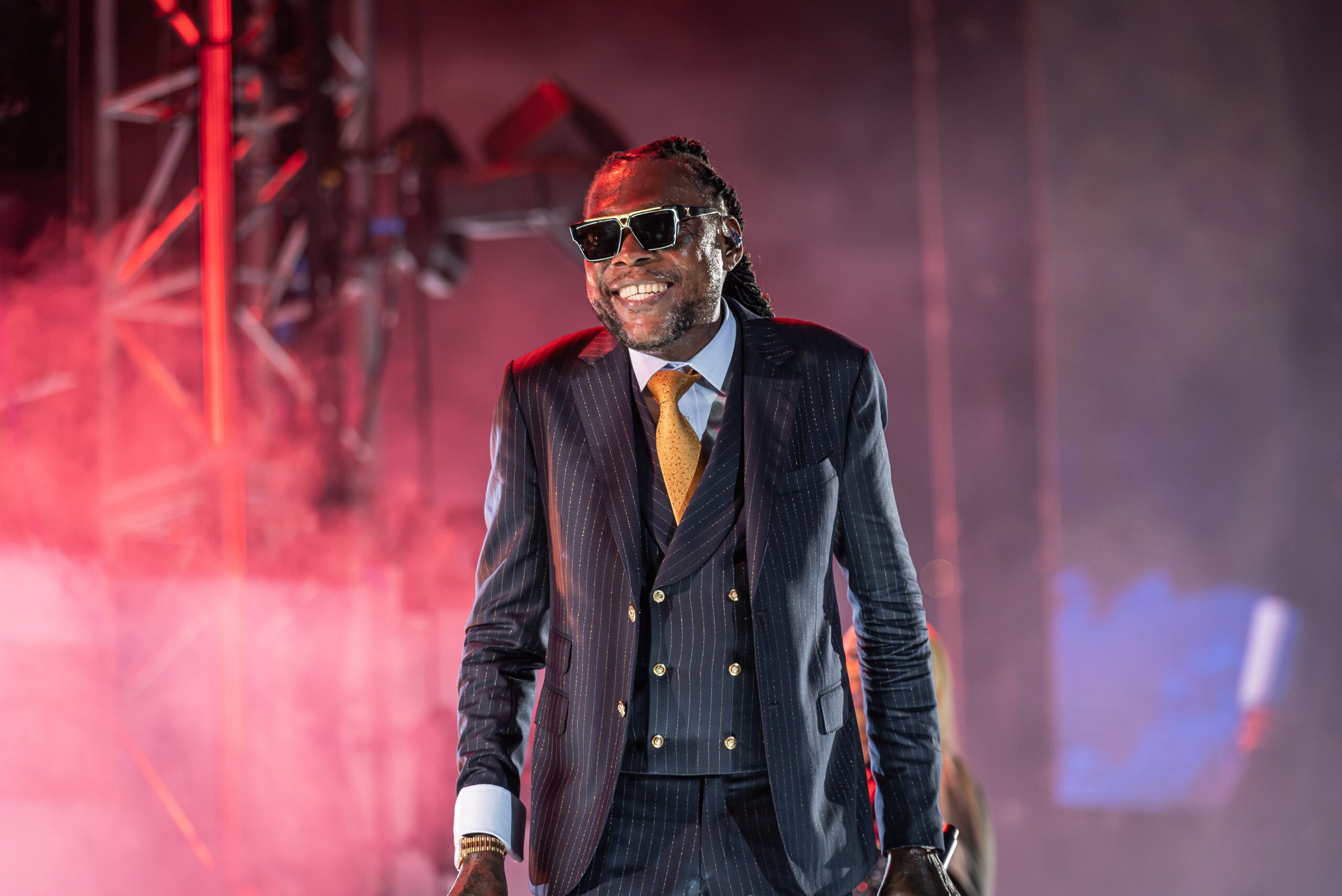
The content originally appeared on: Latin America News – Aljazeera
Rio de Janeiro, Brazil – In 2019, Mariana Leal de Souza, a 39-year-old Black woman living outside Brazil’s largest city, Sao Paulo, was having a hard time coping with the suicide of her teenage son when she was confronted with more difficult news: She was pregnant.
“I couldn’t believe it,” the social worker told Al Jazeera during a recent video call. “Mentally and financially, I wasn’t ready for another pregnancy after the loss of my son.”
She decided to terminate, but there was a problem: Brazil’s Penal Code permits abortion only if the pregnancy is the result of rape, puts the mother’s health at risk or doctors diagnose severe malformations to the fetus. None of these applied to Leal de Souza.
So she enlisted the help of three close friends, one of whom had connections to an underground supplier of Cytotec, a medication originally intended for ulcers but repurposed by low-income women in Latin America as a means to terminate unwanted pregnancies. Pooling their resources, they came up with $150 to buy the medication.
But the experience was agonizing. As Leal de Souza recalled: “It felt as though my body was expelling everything. I experienced chills, intense abdominal pain and bleeding.” She assumed these were standard complications and tried to tough it out, but the ensuing weeks brought her no respite.
“The bleeding wouldn’t stop, yet I couldn’t seek hospital care for fear of legal repercussions,” she said.
Two months later, with her abdomen swelling, Leal de Souza began to fear for her life. She decided to seek assistance at a nearby public hospital where she endured prolonged wait times and a barrage of inquiries before medical staff finally examined her.
Doctors made a startling discovery: A fetus remained inside Leal de Souza’s womb. She had been carrying twins, and only one fetus had been expelled.
The hospital concluded that this was the result of a miscarriage, sparing de Souza from criminal charges.
“I felt a sense of relief, yet simmering resentment lingered, knowing that if I were … white or [a] woman of means, I could have accessed safe clinical care without endangering my life,” she said.
As many as 4 million abortions are performed annually in Brazil, Latin America’s most populous country. Of those, only 2,000, or 5 percent, are performed legally.
Women who undergo illegal abortions face prison sentences of up to three years if convicted, and the doctors who perform them can spend up to four years in prison. Part of Leal de Souza’s ordeal, she said, was that she was well aware of cases involving poor women who had faced incarceration for terminating their pregnancies.
Her story sheds light on a glaring reality in Brazil, a country that is home to more people of African descent than any other country in the world save Nigeria: Black and marginalized women bear the brunt of legislation that criminalizes abortion.
Neighbouring Argentina’s repeal of its abortion ban has influenced Brazil’s feminists [Gabriela Barzallo/Al Jazeera]
A study conducted by anthropologist Debora Diniz found Black women are 46 percent more likely than white women to resort to unsafe abortion practices.
A federal legislator representing Rio de Janeiro, Luciana Boiteux, spearheaded a legal initiative in the Supreme Court in 2017 proposing the enshrinement of abortion as a constitutional right.
“The decriminalization of abortion is inherently a racial justice issue,” she told Al Jazeera.
Brazil’s abortion laws have remained largely unchanged since the 1950s. What has changed is the emergence in recent years of an animated feminist movement, inspired, at least in part, by the legalization of abortion in neighbouring Argentina in 2020 and the inauguration a year earlier of President Jair Bolsonaro, whose conservative administration was widely viewed as antagonistic towards Black people and women.
Bolsonaro’s policies sparked a response in the form of campaigns such as Nem Presa Nem Morta (Neither Imprisoned Nor Dead), which fights for the decriminalisation of abortion, and the women-led, anti-Bolsonaro Ele Nao (Not Him). Rallies have also been held, such as a March 8 demonstration in which thousands of protesters took to the streets of Rio de Janeiro to demand racial justice and safe, legal access to abortions.
At the march, one woman carried a placard that read: “All women get abortions, but while the rich ones travel to get one, we the poor go to jail.”
The women’s movement in Brazil is growing, but it has encountered pushback from the evangelical movement in its efforts to improve reproductive health for women.
Evangelicals’ influence on Brazil’s abortion discourse
With the Christ the Redeemer statue standing high over Rio de Janeiro, Brazil is typically associated with the Catholicism of its former colonizer, Portugal. But evangelical Christianity’s influence here began to expand 30 years ago, and today, one in three Brazilians identifies as evangelical. By some estimates, evangelicals will account for a majority of the country’s religious followers by 2032.
The proliferation of evangelicals in Brazil has helped discourage low-income women like Leal de Souza from seeking abortions.
“We’ve witnessed instances where evangelical nurses have exposed women and subsequently reported to authorities,” Boiteux, the federal legislator, told Al Jazeera in an interview in her office in downtown Rio.
Jacqueline Moraes Teixeira, a sociologist and researcher at the University of Brasilia, attributed evangelical growth to social and economic deficits in Brazil, one of the most unequal countries in the world.
“These churches bridge gaps left by the state, offering education, healthcare and sustenance, acting as indispensable [lifelines] for these communities,” she told Al Jazeera.
For Leal de Souza, however, evangelicals have shut down the communication that is the bulwark of democracy.
“We used to have open dialogues within my family and neighbours who are now evangelicals. Nowadays, dissent is met with condemnation. This silence prevented me from sharing my decision to terminate my pregnancy,” she said.
‘Together we are giants,’ reads a banner at a Brazilian rally last month for abortion rights [Gabriella Barzallo/Al Jazeera]
Evangelicals have also flexed their muscles on the political level. Of the 594 members of the National Congress, for example, 228 lawmakers from 15 parties belong to the Evangelical Parliamentary Front – 202 deputies and 26 senators.
“Evangelicals in Congress hold significant leverage and are regarded as an essential ethical bastion for religious activism in politics,” Moraes Teixeira said. “Consequently, their alliances and conservative stance carry significant societal weight.”
However, the final arbiter on lifting abortion restrictions is the Supreme Court.
In a session in September, Chief Justice Rosa Weber voted in favour of a measure to decriminalise abortion up to the 12th week of pregnancy. But the process was halted by another Supreme Court judge, Luis Roberto Barroso, who has since replaced the retired Weber as chief justice.
An investigation by the Brazilian news outlet Agencia Publica found that in the weeks leading up to the court’s deliberations, conservative politicians circulated anti-abortion campaigns on popular social media platforms.
For his part, Barroso said he is in favour of decriminalisation but wants more deliberation. In an interview with Al Jazeera last month, he said: “It’s challenging for the court to act against the sentiment of 80 percent of the population. We must shift public perception.”
“It’s crucial to engage society in dialogue and clarify the real issue: the unjust criminalization disproportionately affecting marginalized women,” he continued. “With greater awareness, I believe attitudes can evolve.”




















Discussion about this post